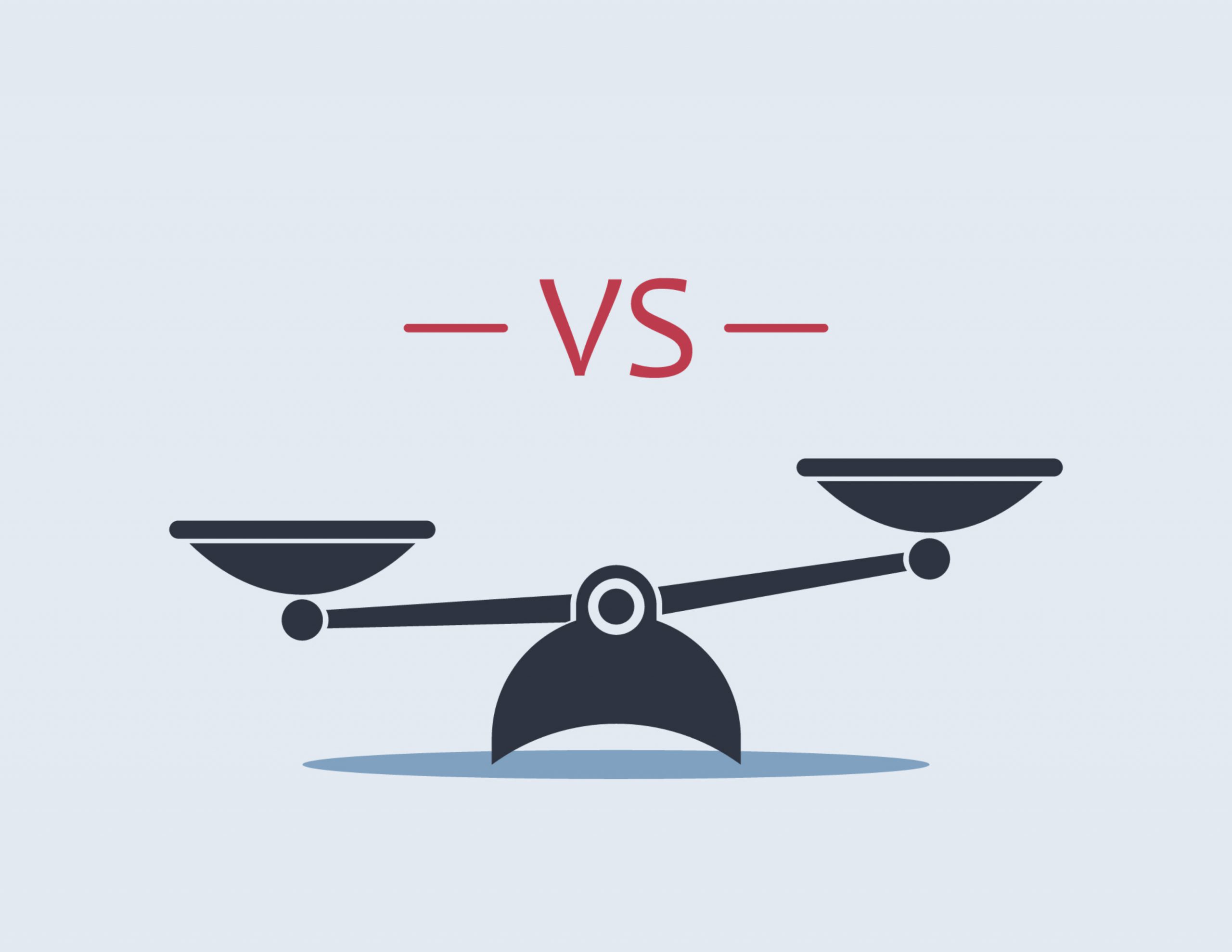
Oil & gas prices remained elevated this year, with supply disruptions caused by geopolitical issues and soaring demand. While the changes in supply-demand dynamics led to significant volatility, energy companies thrived.
According to a study cited by Reuters, high energy prices could almost double the free cash from operations of oil producers this year. The global oil and gas EPC market size is expected to grow at 7.2% CAGR to reach $80.77 billion by 2029.
Investors’ interest in this space is evident from the Energy Select Sector SPDR ETF’s (XLE) 7.2% gains over the past month versus the SPDR S&P 500 Trust ETF’s (SPY) 2.3% loss. Therefore, prominent energy stocks Marathon Petroleum Corporation (MPC) and Devon Energy Corporation (DVN) should benefit.
MPC operates as an integrated downstream energy company engaged in the petroleum product refining, marketing, retail, and midstream business, primarily in the United States. It operates through Refining & Marketing; and Midstream segments.
On the other hand, DVN is an independent energy company that engages primarily in the exploration, development, and production of oil, natural gas, and natural gas liquids in the United States. It operates approximately 5,134 gross wells.
While DVN lost 2.2% over the past three months, MPC surged 2.8%. But which stock is a better buy now? Let’s find out.
Recent Financial Results and Dividends
For its fiscal 2022 second quarter ended June 30, 2022, MPC’s total revenues and other income increased 101.5% year-over-year to $2.30 billion. The company’s income from operations came in at $1.29 billion for the quarter, representing a 1132.4% rise from the prior-year period.
While its adjusted net income increased 439.9% year-over-year to $934 million, its adjusted EPS increased 500% to $1.32. As of June 30, 2022, the company had $13.93 billion in cash and cash equivalents.
MPC will pay a $0.08 per share quarterly cash dividend on September 12, 2022. The stock pays a $2.32 per share dividend annually, translating to a 2.21% yield. Its dividend has grown at a 9.4% rate over the past five years.
DVN’s total revenue for the fiscal 2022 second quarter ended June 30, 2022, increased 132.8% year-over-year to $5.63 billion. The company’s non-GAAP pre-tax income came in at $2.19 billion for the quarter, up 287.6% from the year-ago period.
Its non-GAAP net income came in at $1.71 billion, representing a 314.8% rise from the prior-year period. Its non-GAAP EPS came in at $2.59, indicating a 331.7% year-over-year improvement. It had $3.30 billion in cash and cash equivalents as of June 30, 2022.
DVN will pay a $1.55 per share fixed-plus-variable quarterly cash dividend on September 30, 2022. The stock pays a $0.72 per share dividend annually, translating to a 0.97% yield. Its dividend has grown at a 59.7% rate over the past five years.
Past and Expected Financial Performance
Over the past three years, MPC’s net income and EPS have grown at CAGRs of 43.2% and 46.2%, respectively.
MPC’s EPS is expected to grow 748.6% year-over-year in fiscal 2022, ending December 31, 2022, and decline 44.6% in fiscal 2023. The company’s revenue is expected to grow 43.6% year-over-year in fiscal 2022 and decline 15.4% in fiscal 2023. Its EPS is expected to grow at a rate of 31% per annum over the next five years.
Over the past three years, DVN’s net income has grown at a CAGR of 10.9% and declined at a 2.8% CAGR, respectively.
Analysts expect DVN’s EPS to grow 171.4% in fiscal 2022, ending December 31, 2022, and 5.2% in fiscal 2023. The company’s revenue is expected to grow 67.3% year-over-year in fiscal 2022 and fall marginally in fiscal 2023. Its EPS is expected to grow at a 36.6% rate per annum over the next five years.
Valuation
In terms of forward EV/Sales, DVN is currently trading at 2.52x, 486.1% higher than MPC’s 0.43x. In terms of non-GAAP forward PEG, MPC’s 0.22x compares with DVN’s 0.40x.
Profitability
MPC’s trailing-12-month revenue is 9.2 times that of DVN’s. However, DVN is more profitable, with a 51% EBITDA margin versus MPC’s 9.9%.
Furthermore, DVN’s ROE, ROA and ROTC of 56.4%, 0.2% and 26% compare with MPC’s 27.1%, 0.1% and 12.2%, respectively.
POWR Ratings
While MPC has an overall A grade, which translates to Strong Buy in our proprietary POWR Ratings system, DVN has an overall grade of C, equating to Neutral. The POWR Ratings are calculated by considering 118 distinct factors, each weighted to an optimal degree.
Both MPC and DVN have an A grade for Momentum. MPC has gained 14.6% over the past month, while DVN has surged 19.5%.
MPC has a C grade for Stability, which is in sync with its higher volatility compared to the industry average. MPC has a 1.76 beta. DVN’s D grade for Stability reflects its extremely high beta of 2.56.
Of the 97 stocks in the B-rated Energy - Oil & Gas industry, MPC is ranked #4, while DVN is ranked #69.
Beyond what we have stated above, our POWR Ratings system has graded MPC and DVN for Growth, Value, Sentiment, and Quality. Get all MPC ratings here. Also, click here to see the additional POWR Ratings for DVN.
The Winner
Elevated energy prices should benefit MPC and DVN. However, a lower valuation, higher dividend yield, and better growth prospects make MPC a better buy.
Our research shows that the odds of success increase if one invests in stocks with an overall POWR Rating of Buy or Strong Buy. Click here to access the top-rated stocks in the Energy - Oil & Gas industry.
MPC shares were unchanged in after-hours trading Tuesday. Year-to-date, MPC has gained 61.74%, versus a -15.54% rise in the benchmark S&P 500 index during the same period.
About the Author: Sweta Vijayan

Sweta is an investment analyst and journalist with a special interest in finding market inefficiencies. She’s passionate about educating investors, so that they may find success in the stock market.
Is Devon Oil a Better Energy Play Than Marathon Petroleum? StockNews.com

.png?w=600)




